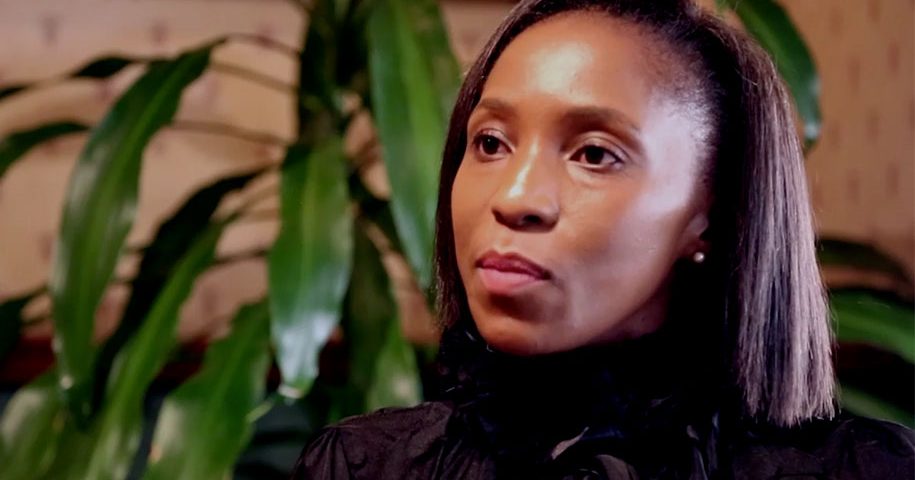Chartered Accountants give advice to the profession’s next generation

Thuto Masasa is a partner with the South African accountancy firm Nkonki Incorporated, and is the 2016 winner of Kreston’s Young Accountant of the Year award. She urges accountants to choose roles that will develop them most, rather than prioritising a big salary first. “Once you harness your skill, the money will follow because you will be at the top of your craft,” she says.
Future view
Nutan Wozencroft, CFO at UNESCO and a member of ICAEW, shares similar advice. Looking to the long-term will ultimately benefit an accountant’s career, she says. “Don’t look where you want to be tomorrow, look where you want to be in 10 years… take risks and do something different. That diversity strengthens your skills,” she says.
Learning curve
There will inevitably be pitfalls along any career path, so the key is to learn from those experiences, adds Nutan. “I think everything is a learning curve. When we see something that hasn’t worked, we figure it out. Having no fear of failing is an important part of growing,” she says.
Logging the lessons
Thuto Masasa agrees, saying that newly qualified accountants should challenge themselves. “Never say no to good challenges because that is where your opportunity to learn comes from – that will be the place where you will hone your skill,” she says. “Write down something new you have learned every month. Keep a journal. If you stop writing, it means the environment is no longer serving you.”
Cultivating communication skills
For accountants with their sights set on a CFO role, the key skills to nurture are a capacity to communicate and a capacity to negotiate, says Nutan. “You can be the best technical accountant, but if you cannot communicate in order to initiate change, all of the skills will be wasted,” she warns.
Taking opportunities as they arise is another valuable lesson. After qualifying as a Chartered Accountant, Thuto Masasa had the chance to share the table with colleagues at C-suite level. “From there it’s the opportunities that you take when you’re invited to the table,” she says.












